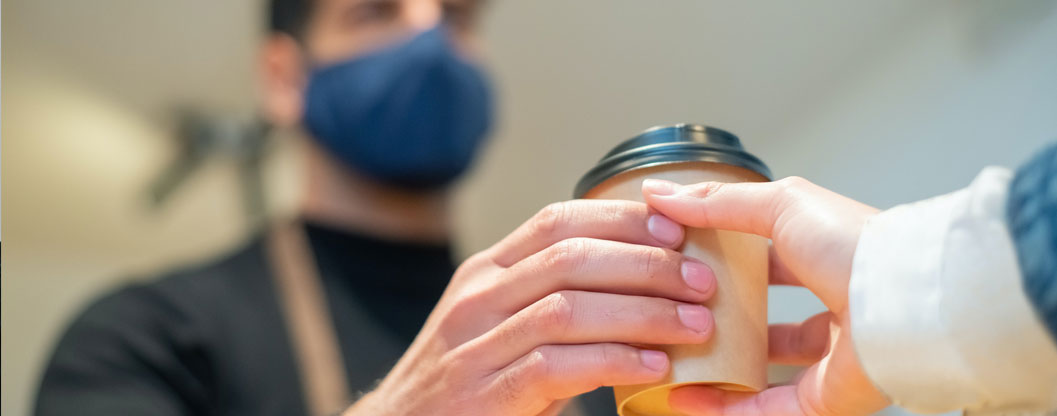This month’s economic figures are as gloomy as we’ve expected. Despite the nation’s vaccination rates creeping toward levels that will allow us to safely venture out, the length and breadth of this lockdown has hit hard. The 70 – 80% jab rates, we are told, will allow the economy to claw its way back to our pre-lockdown levels. But it is hard to see that happening quickly. For a start, we are yet to have a picture of what post lockdown will actually look like this time.
Australia is still under 50% fully vaccinated, but there are eyelets of enthusiasm. NSW is celebrating first jab rates of 80%, and there has been record take up in areas that were once deemed ‘hesitant’. Almost daily we are learning of businesses taking the lead and boldly announcing compulsory vaccination for their workforces, and even customers. Just how they will police that is already being debated. I’ve said many times that vaccination is the key to economic confidence. Anecdotally, I’m hearing of businesses – even personal trainers – being asked by existing and potential clients about staff vaccination levels.
“Businesses holding out for the time when it is safe to start up again are realising it will be a huge challenge.”
Trust, confidence, and leadership is what this is all about. The latest employment figures attest to that. The unemployment rate may have fallen from 4.6% in July to 4.5% last month, but not many are rejoicing. That’s because actual work hours declined again, and more than 150,000 jobs were lost. The lack of confidence in the economy shows in the already worsening workforce participation rate, forcing psychological as well as economic penury on many families struggling with isolation. Household debt levels are at astronomic levels, as is the number of people delaying paying bills while seeking mortgage relief, access to overdrafts, and other forms of credit. Will it get better once we open up? That is what we are all wishing for.
I fear that many businesses and jobs simply won’t be there when we do start up again. Just looking around my own area, I can’t overlook the empty rows of once thriving operations. Businesses holding out for the time when it is safe to start up again are realising it will be a huge challenge. As some owners have said to me, ‘ramping up will be harder than locking down was’. There are a lot of facets to that, including a reluctance for office workers to return to CBDs. As our agricultural sector is experiencing, finding and training new workforces will also be daunting.
The overwhelming key is trust. We can’t overlook the emotional side effect of continual lockdowns, daily four-figure infection rates and double-digit fatalities. These can only have dented confidence and the ability to live, spend, and work as we did.
We must continue to be resilient, of course. But I can’t help thinking that ‘hesitancy’ will be a term we apply widely as we re-learn to live outside our homes.
I encourage all our members and associates to continue to be mindful of the obstacles businesses and households face as we tentatively enter a new dynamic that is no-longer called ‘post covid’ but rather, ‘living with covid’. I would add the word ‘debt’ to that. We’ll be living with Covid-induced debt – and even Covid-induced behaviour - for a while. We all must work out new ways to ensure it can be managed effectively.
Yours sincerely,
Brian Carter
Chairman



